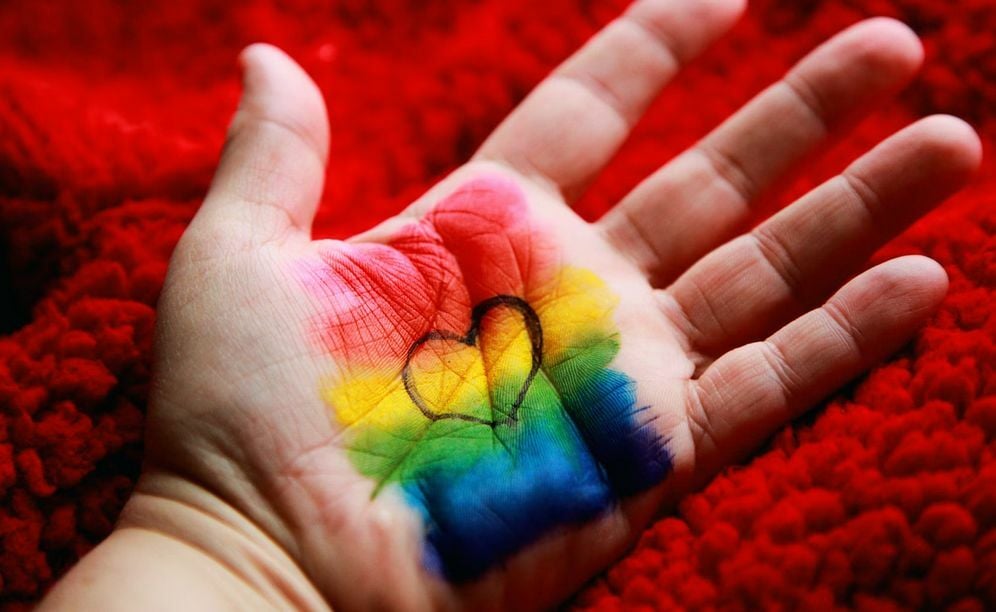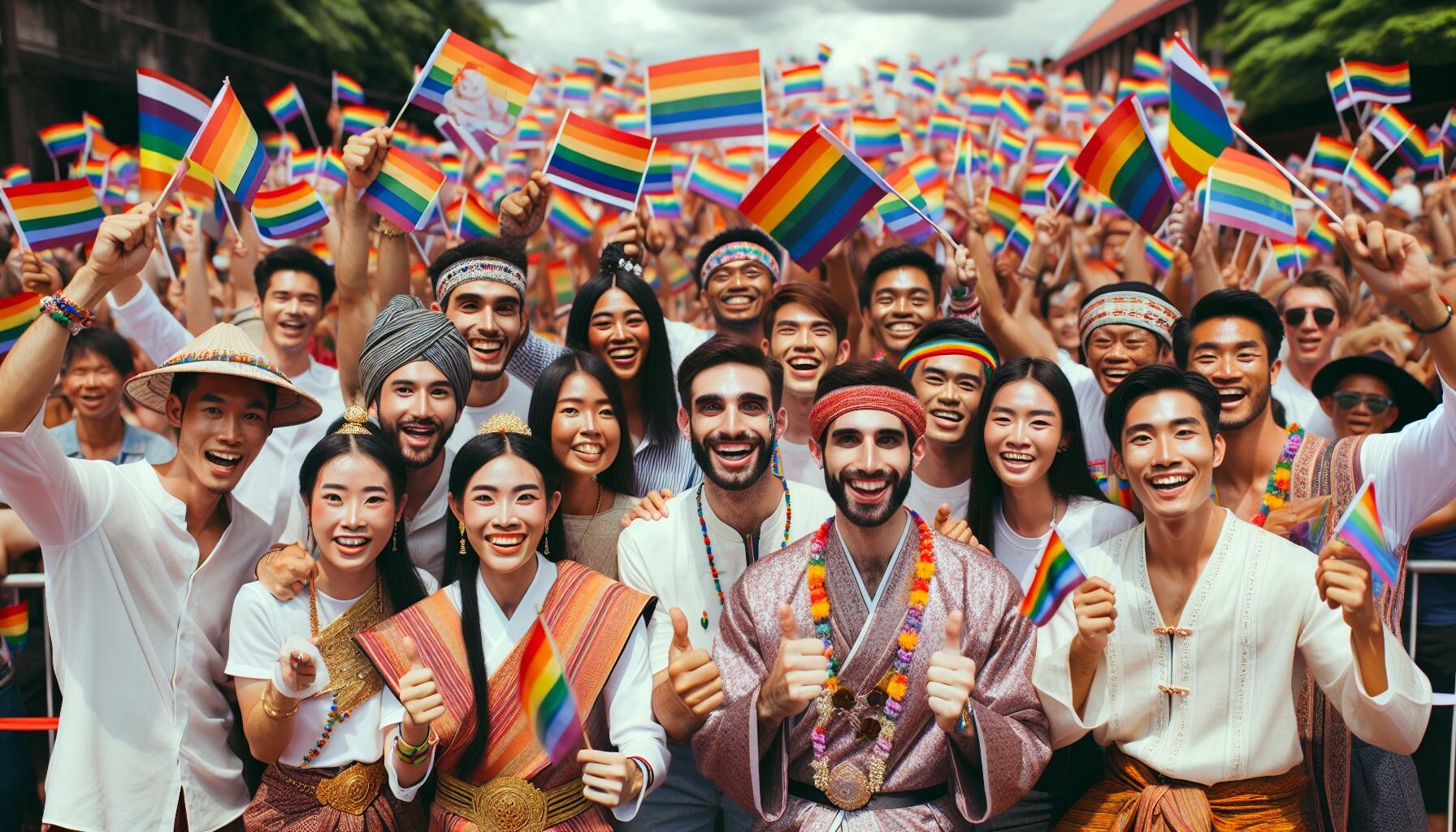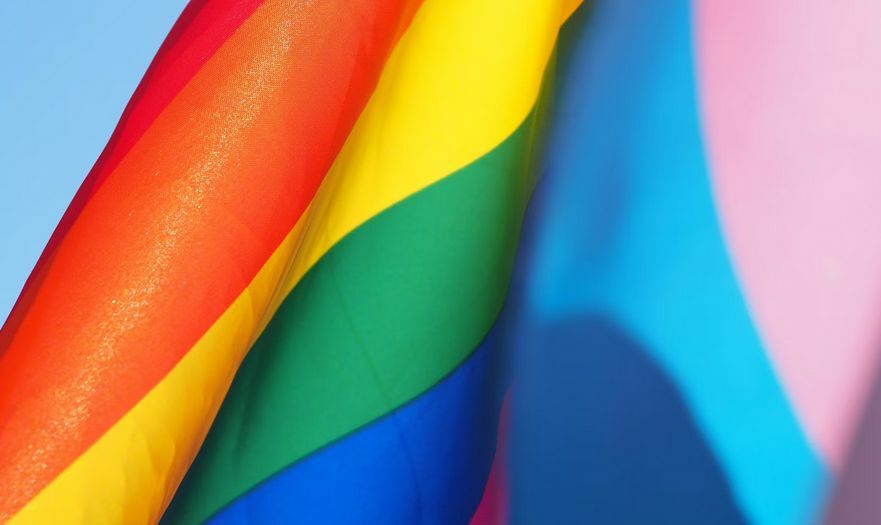How to support LGBT rights

Nowadays, supporting LGBT rights and freedoms goes beyond mere advocacy; it’s about fostering an environment where every individual, irrespective of their sexual orientation or gender identity, can live authentically without fear of discrimination or prejudice. This involves recognising that pro-LGBT beliefs are present across various religious traditions, thus reinforcing the notion that freedom of religion includes the right to support LGBT equality.
Understanding LGBT rights
The current State of LGBT rights worldwide
Regarding LGBT rights, the global landscape is considerably varied. Certain nations are progressive and proactive in safeguarding individuals from discrimination, ensuring the right to marry regardless of gender, and protecting them against hate crimes. Countries such as Canada and the Netherlands are at the forefront, enacting commendable legislation that guarantees respect and protection for LGBT individuals. Conversely, there exist a significant number of regions where simply expressing one’s identity can result in severe consequences, including imprisonment or more severe penalties, merely for identifying as gay or transgender. The international stance on LGBT rights presents a complex mosaic of perspectives.
Positive developments
In recent times, there has been a notable improvement in the recognition of LGBT rights globally. It is commendable to observe nations endorsing same-sex marriage, indicating a progressive understanding and acceptance of LGBT relationships. Thailand, in particular, stands out as a frontrunner within Asia for its favourable stance towards the LGBT community. Although same-sex marriage has not yet been legalised in Thailand, the vibrant activities and culture promoted by its active LGBT community are significantly contributing to advancing discussions on rights throughout Asia.
Furthermore, the increased visibility of LGBT individuals in media and public spheres plays an essential role in fostering broader societal recognition that love transcends gender boundaries. This visibility aids in educating the populace and promotes the inclusion of diversity regarding identity and affection. The ultimate goal is to cultivate universal acceptance and celebration of diversity in both personal identity and choice of partner.
Persisting challenges
Despite the advancements achieved thus far, significant challenges remain for the LGBT community globally. Discrimination, violence, and exclusion persist, particularly in regions where traditional or religious beliefs are deeply entrenched. Advocating for LGBT rights in such environments often appears to be a formidable endeavor. Moreover, even within nations that have established legal protections for LGBT individuals, the practical application of these rights is frequently compromised by societal attitudes and inadequate law enforcement. Consequently, accessing quality healthcare, employment opportunities, and education can prove to be exceptionally difficult for LGBT people.
Understanding the full scope of LGBT rights is complex due to the intricate interplay of legal frameworks, social norms, and cultural differences worldwide. Nonetheless, sustained efforts towards promoting equality—by challenging prejudices when encountered and valuing each person’s distinct experiences—hold the potential to significantly advance inclusivity. By persistently striving towards these goals, there is an opportunity to foster a more accepting society for all individuals.
LGBT in Thailand: A case study

Legal and social landscape
Thailand presents a unique case in the global landscape of LGBT rights. Despite its image as a friendly destination for the LGBT community, legal recognitions such as same-sex marriage remain unestablished. However, in recent years, the push for more inclusive laws has gained momentum. Activists and members of the LGBT community in Thailand have been vocal, seeking legal reforms to ensure equality. Social attitudes towards LGBT individuals are generally tolerant, especially in urban areas and tourist hotspots. Nevertheless, challenges persist, particularly in rural regions where traditional values hold sway. Discrimination and a lack of legal protection highlight the ongoing struggle for full acceptance and rights within the Thai context.
Personal stories
Behind the statistics and legal discussions, personal narratives provide a deeper understanding of the LGBT experience in Thailand. One such story involves Anuchit, a transgender woman from Chiang Mai, who faced workplace discrimination upon transitioning. Despite these challenges, Anuchit’s resilience led her to become a prominent LGBT rights advocate, illustrating the personal impact of advocacy within the community. There’s also the story of Korn and Nat, a same-sex couple who symbolise the fight for same-sex marriage recognition in Thailand. Their public engagement ceremony, though not legally binding, was a significant step towards visibility and acceptance for the LGBT community in Thailand. These stories highlight the personal and collective journeys of LGBT individuals navigating their identities in a society that is at once welcoming and restrictive.
Supporting LGBT rights and freedom
Supporting LGBT rights and freedom encompasses a wide array of actions and initiatives aimed at promoting equality, safeguarding against discrimination, and championing the dignity of LGBT individuals globally. Tailored efforts at individual and organisational levels, as well as international advocacy, are pivotal. Moreover, embracing the deeply political roots of Pride events plays a significant role in bolstering the LGBT community’s quest for recognition and equality.
Individual actions
Every individual possesses the power to effect change, contributing to a more inclusive society. Simple, yet impactful, measures include educating oneself and others about LGBT rights, showing open support for LGBT friends, family, and coworkers, and challenging homophobic and transphobic remarks and behaviours in daily interactions. Active participation in LGBT rights petitions and rallies amplifies voices demanding equality and justice. Additionally, leveraging social media platforms to spread awareness and advocate for LGBT rights engages broader audiences, facilitating societal shifts towards acceptance and inclusivity.
Organisational support
Businesses, ranging from large multinational corporations to local small shops and charities, play a pivotal role in advancing LGBT rights. Ensuring their workplaces are inclusive and provide equal opportunities for career advancement for all employees significantly contributes to social progress. Moreover, when these organisations participate in events like Pride parades or collaborate with LGBT rights groups, they publicly affirm their commitment to supporting their LGBT staff. This not only fosters an environment of openness and support but also sets a positive example for others in the community to emulate. Such initiatives can initiate a domino effect, inspiring more companies to champion inclusivity and further societal advancement towards enhanced support for LGBT rights. In essence, by promoting diversity and inclusion within their ranks and beyond, businesses can lead the way in driving meaningful change for the betterment of society as a whole.
Beyond borders
Advocating for LGBT rights is a crucial effort requiring participation from individuals and international bodies. It entails engaging in diplomatic dialogues, upholding human rights standards, and allocating resources to support the LGBT community, especially in areas where they encounter discrimination. Examining the status of LGBT individuals in countries like Thailand highlights both progress and ongoing obstacles in this arena. This emphasises the essential role of global solidarity in promoting equal rights for the LGBT community worldwide.
Pride as a protest
Did you know that Pride events encompass more than the mere display of rainbows and participation in parades? Their inception dates back to 1969 with the Stonewall Riots, symbolising a stand against the injustice and discrimination that individuals from the LGBT community have historically faced. Thus, engaging in these celebrations transcends mere enjoyment; it signifies a profound protest against unjust treatment based on one’s sexual orientation or identity. While these events provide an opportunity for a jubilant celebration of identity and love, they concurrently serve as a reminder of the ongoing journey towards achieving full safety and acceptance for all members of the LGBT community.
The endeavour to secure LGBT rights resembles the assembly of an extensive puzzle, requiring the collaboration of diverse individuals, organisations, and nations to engender improvement. Through collective efforts, there is a gradual dismantling of longstanding biases, affirming that inclusivity is not merely beneficial but essential.

Advocating for LGBT rights transcends national borders and cultural distinctions, embodying a collective endeavour that surpasses mere legislative amendments. It entails a profound transformation in societal perceptions and the dismantling of antiquated barriers still prevalent in various regions. The pursuit of equality and freedom for the LGBT community remains a vibrant cause, bolstered by every Pride parade, support group, and individual initiative contributing significantly to this movement. Through solidarity, we can envisage a future where each individual is free to express their true identity, irrespective of their romantic preferences or gender identity. Admittedly, this path is fraught with challenges requiring dedication, empathy, and cooperation; however, with sufficient resolve, the universal establishment of LGBT rights is an achievable objective.
We always stand for equality and love, therefore if you’re looking for a good promotion during Pride Month, consider getting a sex reassignment surgery. We highly suggest that you attend ‘Bangkok Pride 2024: embracing gender identity with MyMediTravel’s offer on sex reassignment surgery.‘
Latest Thailand News
Follow The Thaiger on Google News:


























